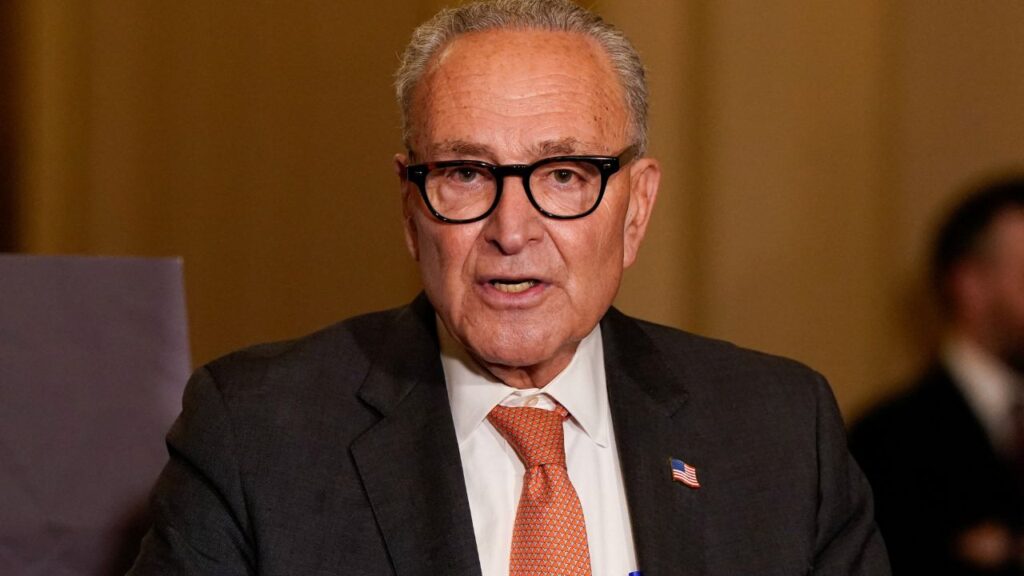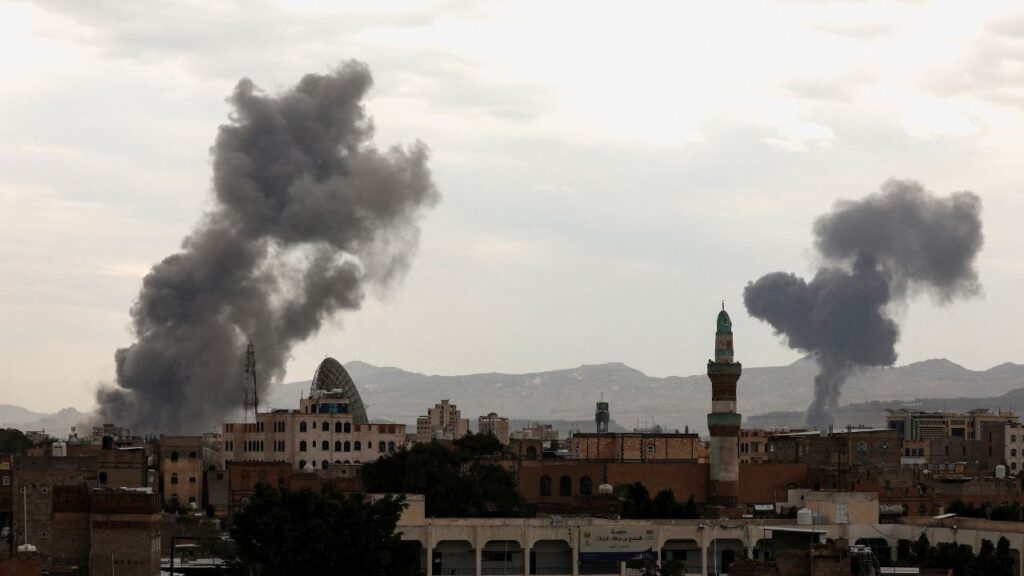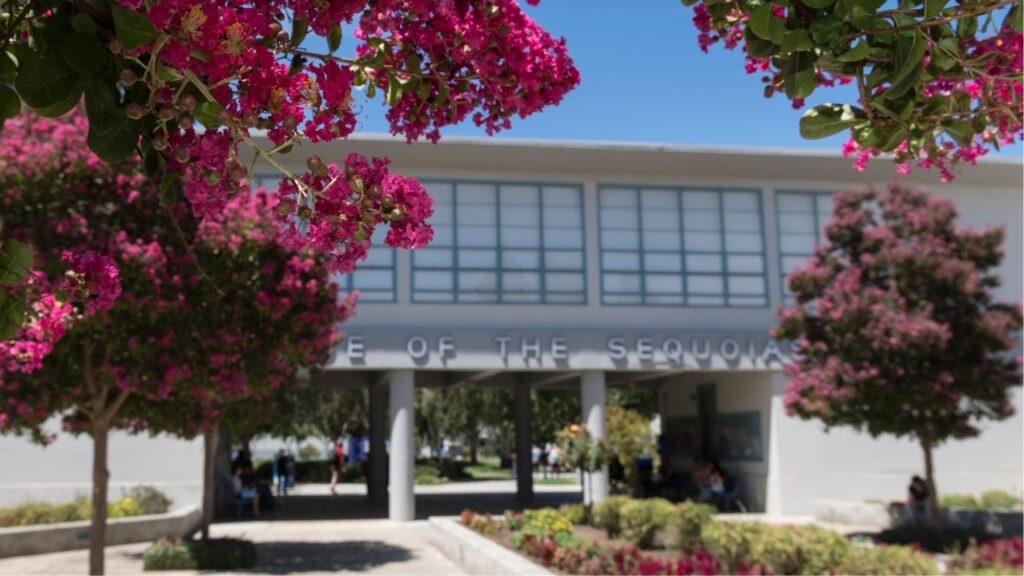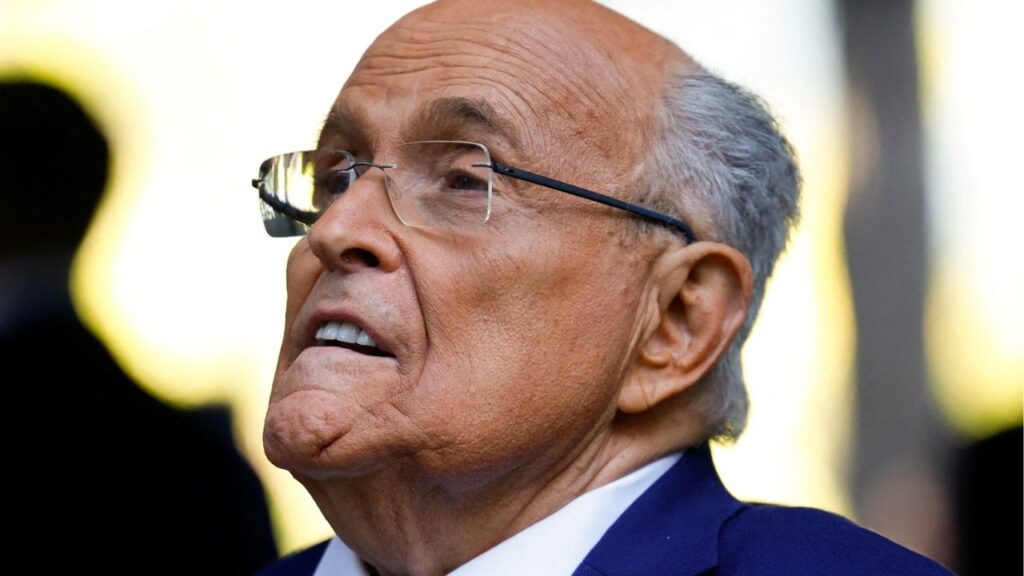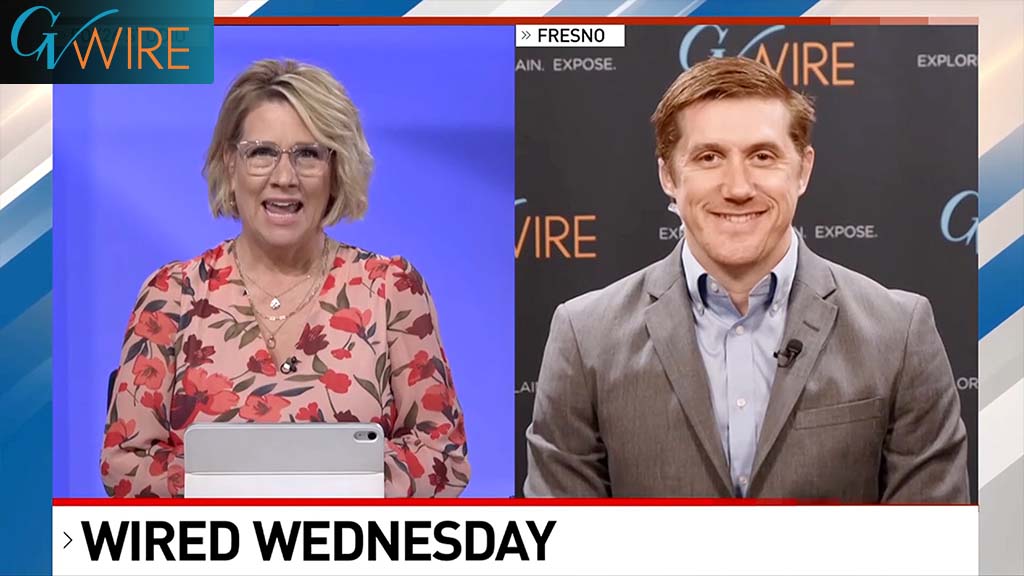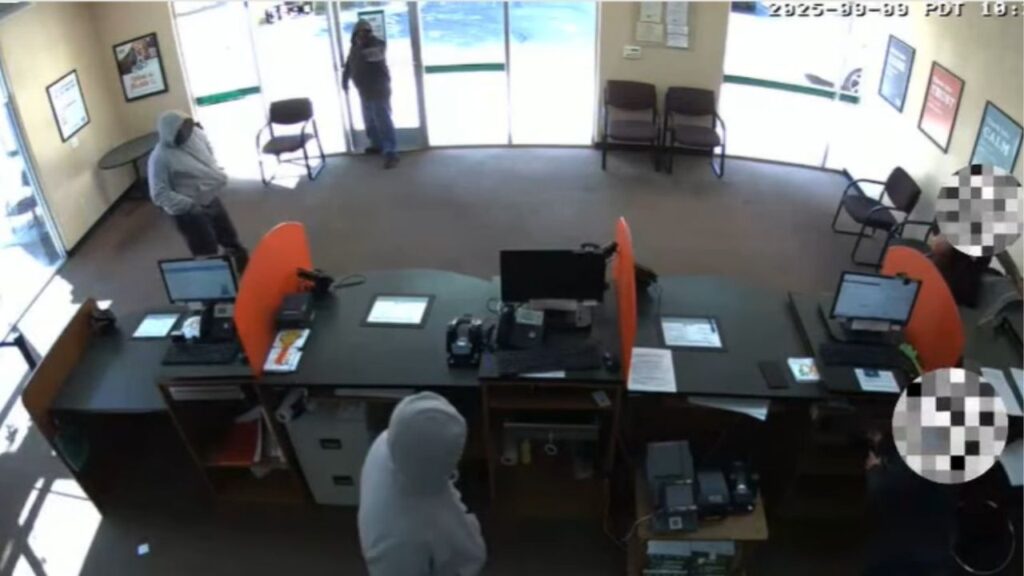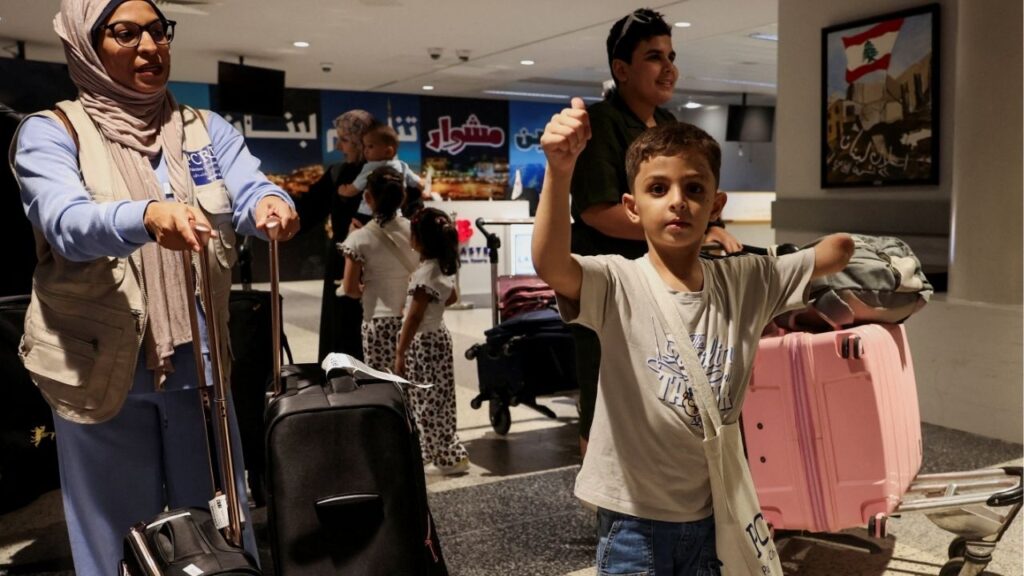Share
MERCED — A member of the Merced City Council walked out of Monday night’s meeting amid audience chants of “Free, free Palestine!” after city leaders voted against bringing a resolution forward calling for a ceasefire in Gaza.

Brianna Vaccari
Central Valley Journalism Collaborative
Residents and council members alike debated whether city leaders should weigh in on the conflict in the Middle East. The vote came well after 11 p.m. following two hours of intense public comment period from dozens of people.
Councilmember Fue Xiong requested the discussion item, hoping to bring forward a future resolution modeled after the one passed by the Bay Area city of Richmond.
On a 4-2 vote, the majority of the Merced City Council, including the mayor, rejected Xiong’s request to consider such a resolution. Xiong and Councilmember Jesse Ornelas voted in favor of bringing the item to the council.
Ornelas said parallels have been drawn between the genocide of indigenous people in North America and the killings of Palestinians in the Gaza Strip. Ornelas also said his “spiritual walk” compels him not to support “facism in any form.”

“Just to be clear, I’m saying this right to all of your guys’ faces: You all disgust me, and I can no longer sit on this council for the rest of the night. I’m out of here.” — Merced City Councilmember Jesse Ornelas
“Just to be clear, I’m saying this right to all of your guys’ faces: You all disgust me, and I can no longer sit on this council for the rest of the night. I’m out of here,” Ornelas said before leaving the dais and council chambers.
Councilmember Bertha Perez abstained from the vote, saying the council needed to be more familiar with the issue to make educated decisions.
Council Majority: We Need to Focus on Local Issues
Opponents of the proposal – Councilmembers Shane Smith, Sarah Boyle, Ronnie De Anda, and Mayor Matthew Serratto – said their job is to focus on city issues, not geopolitical conflicts.
Smith said he respects people on both sides, but added the public comment demonstrated how “divisive and angry” the topic is.
“I’d encourage my colleagues to find other ways to express their views on this very important issue — very emotional issue. But this is not the venue for it,” Smith said. “We should really maintain some restraint and discretion and stick within our jurisdiction in the future.”
At times, Serratto, who presides over the meetings as mayor, struggled to maintain order on the dais and was forced to yell over the audience. After public comment closed, Serratto threatened to remove some audience members who were interjecting during the council’s discussion. “Everybody please, be quiet!” he told the crowd.
Between public comment and phone messages left for the council, more than 50 people weighed in on the issue.
Most of the 20-plus phone messages opposed bringing a resolution forward. Some residents who spoke during public comment also opposed the idea, but a majority of public comment, mostly from younger members of the audience, supported such a resolution.
Xiong Compares Palestinian Trauma to ‘Ethnic Cleansing’ of Hmong
Xiong, a Hmong refugee, compared the Palestinians’ situation to that of the Hmong people during the Secret War.
“The Hmong people experienced ethnic cleansing and genocide following the Vietnam War. … Even to this day, not many people know about the Hmong people and the Secret War and the genocide of my people,” Xiong said.
“So we cannot allow the United States to abandon the innocent people of Gaza and the oppressed Palestinians as they seek refuge from Israel’s war crimes,” he said. “So that’s why I stand with the people of Palestine and the people of Gaza, and against apartheid, genocide, ethnic cleansing and collective punishment.”
Xiong, who wore a keffiyeh at the dais Monday, spoke out on the issue in October after the conflict began, condemning the increasing deaths among civilians in Gaza.
Like much of the American public, Merced residents expressed a variety of opinions on the issue.
Some said they are concerned with the war’s mounting death toll, particularly among children in the Gaza Strip. Others said city officials should stick to solving local issues — not a foreign conflict happening thousands of miles away.
Resident Cindy Kelly asked the city council to focus on having a positive impact on Merced.
“This resolution carries no weight at the local level, the state level, the national or international level. It doesn’t have the ability to be enforced, and therefore, in journalistic standards, is known as a ‘fluff’ piece,” Kelly said. “It may look great on paper, but it’s absolutely useless.”
“None of us, especially you as our elected leaders, should amplify and support language that inflames a tense situation and makes it harder for our community to find common ground,” Kelly added.
Some Object to US Funding for Israeli Military
On the other hand, many people who supported a ceasefire resolution argued the conflict is funded by local tax dollars via U.S. military aid to Israel.
“Are you aware that your tax dollars are being used to fund this genocide?” Aracely Trejo said. “So yes, this does include you. This did not begin on October 7th. This has been ongoing since 1948, and the billions of dollars invested in Israel’s war crimes can easily be used to solve issues locally, such as homelessness, education, and our healthcare system.”
The latest conflict was sparked after Hamas attacked Israel on Oct. 7, which killed around 1,200 people.
According to the latest reporting from the Washington Post, at least 19,667 people have been killed in Gaza and 52,586 wounded since the October attack, based on numbers from the Gaza Health Ministry.
Thousands of the deaths have been women and children. Millions of people, or around 80% of the population, have been displaced in the Gaza Strip.
As the bloodshed in Gaza continues, the U.S. has seen a rise in hate crimes toward both Jews and Muslims.
UC Merced’s student senate recently passed two resolutions related to the conflict. University students across the Valley have protested the war, largely supporting the rights of Palestinians.
About the Author
Brianna Vaccari is the governmental accountability/watchdog reporter for the Central Valley Journalism Collaborative, a nonprofit newsroom based in Merced. Sign up for CVJC’s free Substack list here and follow CVJC on Facebook.




